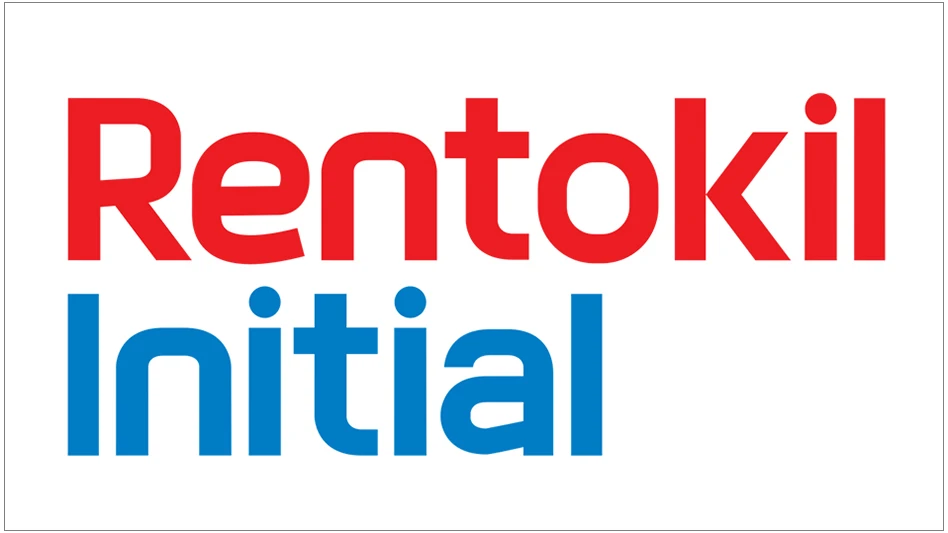As a manager with bottom-line responsibility at GIE Media, I always thought it was my job to plan for the worst while hoping for the best. That’s because when managing a small business — whether a publishing enterprise or a family-owned pest control firm — you never know what the future may hold, particularly from a financial perspective. You may have a large pest control customer suddenly cancel their service or, in our case, an industry manufacturer delay the launch of a long-awaited product due to an unforeseen regulatory issue, resulting in an unexpected financial shortfall. The fact of the matter is life is unpredictable, and nowhere is that more true than in operating a small business.
Consequently, I find myself constantly running various “what-if” scenarios through my mind during any given fiscal quarter, while at the same time developing a Plan B, Plan C or Plan D should something unexpected occur. I do the same thing in non-financial matters, no doubt driving the PCT staff to distraction, although they’re too kind to vent their frustration except when pressed. Like when I say, “I drive you crazy sometimes, don’t I?” They generally nod no, but their body language delivers a very different message. “Yes, you do drive us crazy, but since you’re our boss we’re going to act like you don’t.”
And, to be honest, I really can’t blame them. On any given day — well actually, most days — I can be a little obsessive/compulsive when it comes to planning ahead, whether that relates to financial matters, monthly production of PCT magazine, or preparing a speech for an industry trade show. For instance, for my annual Crown Leadership Awards speech at NPMA PestWorld, I typically store the text of the speech and the accompanying PowerPoint presentation on my laptop computer; store a second copy on a jump drive which I give to Conference Manager Maria Miller; store a third copy on GIE’s hard drive; and give a fourth copy to PCT Editor Jodi Dorsch in the event my plane crashes on the way to the venue and Jodi needs to step in to give the speech. She would be sad that I had perished, no doubt, but relieved to no longer have to deal with my obsessive/compulsive tendencies on a daily basis.
While such redundancy is laudable if you’re responsible for overseeing our country’s nuclear arsenal, a psychologist would likely argue such work behavior is not only overkill, but an indication that additional therapy may be in order (insert image of PCT staff nodding their heads in agreement here). Nonetheless, I’ve always defended my innate pessimism as a positive quality when it comes to running a business. After all, stuff does inevitably go wrong, so it’s good to have a Plan B, Plan C and Plan D, depending on how wrong things go! (Was that last sentence too pessimistic?)
I’ve always been supremely confident in my position until I recently came across an article in the Gallup Business Journal by Jennifer Robinson titled, “It Pays to Be Optimistic.”1 Citing research from Margaret Greenberg and Dana Arakawa, graduates of the University of Pennsylvania’s Applied Positive Psychology program, the article started off well enough: “Optimistic managers may create a sunnier workgroup, but pessimists will prepare it for the worst.” It’s awesome when one’s point of view is validated, isn’t it?
However, the air quickly went out of my sails when Robinson added: “Recent research, however, suggests that pessimistic managers may not only plan for the worst, but invite it,” with the inevitable byproduct being lower employee engagement and productivity. “I believe optimism is essential to being an effective leader and creating a shared vision,” Greenberg says. “Without it, there is no hope, no reason to stretch, and no belief that an organization can rally to achieve its vision.”
Fortunately, optimism can be learned, if you’re open to it, according to Greenberg. “While some leaders are naturally inclined to be optimistic, others can learn to be more optimistic by understanding their leadership style and changing their behavior,” she says. That’s a relief. It’s nice to know even at my advanced age there are still opportunities for self-improvement. So this year, I vow only to make three copies of my Leadership Awards speech and instead of being surprised when my plane lands safely at BWI airport in October, I’m going to stride confidently off the plane in a sunny disposition ready to take on the world! I wonder if the PCT staff will recognize me? On second thought, I better have a Plan B, just to be on the safe side.
The author is publisher of PCT.

Explore the July 2017 Issue
Check out more from this issue and find your next story to read.
Latest from Pest Control Technology
- Moving Day for Oriental Cockroaches
- Pest-End Hosts Annual Company Event to Celebrate Growth, Awards Ceremony
- IPMA Announces Doug Foster as 2025 Hall of Fame Award Winner
- Hogarth's Pest Control Using Meta AI Glasses for In-Field Pest Identification
- OcuTrap Uses Remote Monitoring Technology to Improve Capture Rates
- Skedaddle Wildlife Opens Columbus (OH) Franchise Location
- UCCE Orange County Partners with Newport Exterminating to Resolve Mouse Infestation
- Arab Termite & Pest Control Celebrates 50 Years in Business





